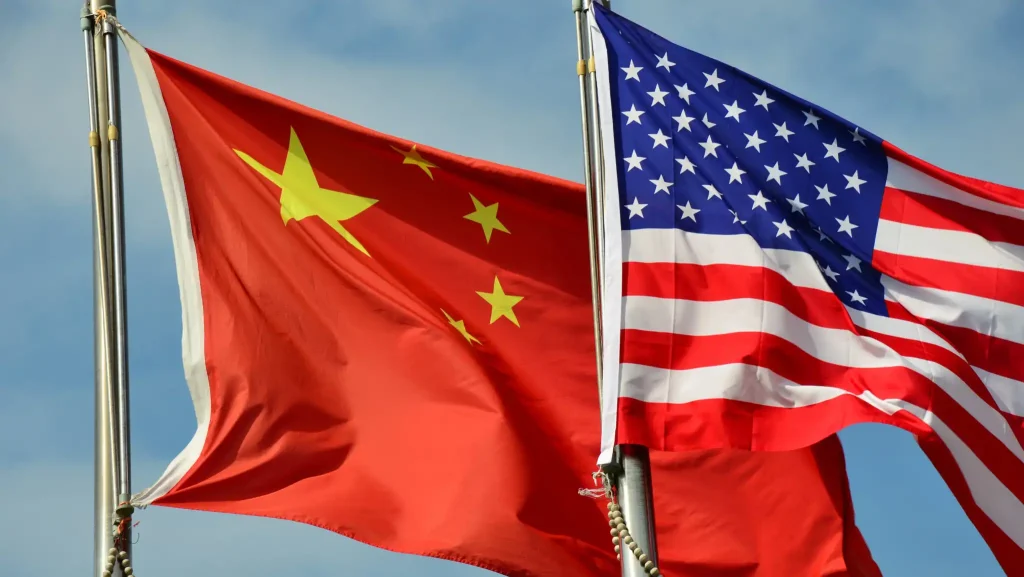In a sharp escalation of the ongoing US-China trade war, China has slammed an additional 84% tariff on American imports, raising its total tariff burden on US goods to a staggering 118%.
This is in direct retaliation to former President Donald Trump’s latest trade policy, which now imposes a 125% tariff on Chinese imports to the United States.
The renewed tariff tension has triggered immediate volatility across global stock markets, with significant losses recorded in Europe, Asia, and the United States.
Meanwhile, China has also filed a formal complaint against the US at the World Trade Organization (WTO), accusing Washington of breaching international trade rules.
Trump Announces 125% Tariff on Chinese Goods
In a strongly worded statement, Trump justified the new tariff policy, citing China’s “lack of respect” for global market standards. He declared:
“Based on the lack of respect that China has shown to the world’s markets, I am hereby raising the tariff charged to China by the United States of America to 125 percent, effective immediately… The days of ripping off the USA and other countries are over.”
Despite the sweeping tariff hike, Trump announced a 90-day pause on new tariffs for over 75 countries currently in negotiations with US trade representatives.
During this window, he has authorised a reduced reciprocal tariff of 10% to encourage progress in trade talks.
Global Stock Markets React Sharply
The intensifying US-China trade war has sent shockwaves through international financial markets:
- France’s CAC 40 dropped by 3.34%, after opening 2.3% lower.
- Germany’s DAX closed down 2.96%, continuing its morning losses.
- The UK’s FTSE 100 fell by 2.92%, hitting its lowest level since March 2024.
- Asian markets experienced varied responses, with Shanghai’s index climbing 1.3%, while other major Asian indexes fell between 1% and 4%.
- In the US, Wall Street opened mixed, with the S&P 500 and Dow Jones down 0.19% and 0.5%, respectively. The Nasdaq, however, saw a 0.7% gain.
China Accuses US of WTO Violations
As part of its countermeasures, China lodged a formal complaint at the WTO, asserting that the United States is in violation of international trade laws.
This move adds a legal dimension to the economic standoff and could complicate future negotiations.
What US-China Trade War Means for Global Trade
The tit-for-tat tariffs between the world’s two largest economies threaten to destabilise global supply chains and may impact consumer prices, business investments, and overall market confidence.
Trade experts are watching closely to see whether the WTO will intervene or if diplomatic negotiations can de-escalate the tensions ahead of the next global trade summit.























